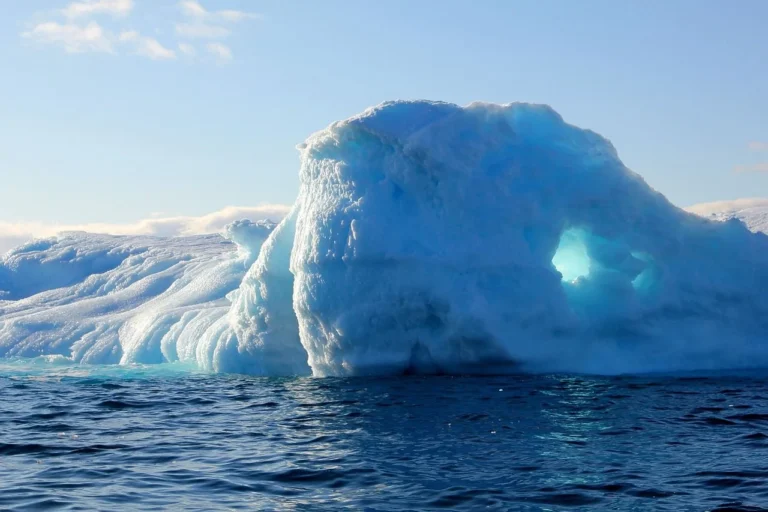Faced with the inevitable effects of climate change, Morocco is preparing to confront rising sea levels by implementing an ambitious resilience plan. To better understand the extent of this threat and identify priority adaptation measures, the government has sought the support of the European Bank for Reconstruction and Development (EBRD). This collaboration aims to assess risks, protect coastal ecosystems, and preserve strategic economic sectors, notably tourism and agriculture.
A Growing Threat to Coastal Territories
Rising sea levels, accelerated by ice melting and ocean warming, pose a global challenge. Its consequences on Moroccan coastlines could be significant, endangering infrastructure, habitats, and essential economic activities. In its latest communication to the United Nations Framework Convention on Climate Change (UNFCCC), Morocco has classified this phenomenon among the main climate risks threatening its sustainable development.
To address this urgency, an in-depth study will be conducted in collaboration with the EBRD and the Ministry of Energy Transition and Sustainable Development. Its objective is to analyze possible scenarios of sea level rise and their potential impacts by 2050 and 2080. With this forward-looking approach, authorities will be able to anticipate the most vulnerable areas and define appropriate actions.
A Strategic Assessment for Targeted Measures
The study will focus on several areas:
- Mapping of Risk Areas: Identification of the most exposed territories, threatened infrastructure, and fragile ecosystems.
- Economic Impact Analysis: Assessment of the effects of rising waters on tourism, agriculture, and other key sectors.
- Definition of Adaptation Measures: Prioritization of the most urgent actions based on a cost-benefit analysis.
To ensure local ownership of the results, awareness workshops will be organized to involve regional stakeholders in the development of resilience strategies. Additionally, detailed maps will be produced to visualize vulnerable areas and guide adaptation decisions according to the specificities of each region.
Towards Expanded Climate Resilience
If this first phase yields concrete recommendations and mobilizes stakeholders, a second phase could be considered. This would broaden the analysis to other climate and geophysical risks that could affect critical infrastructure and major economic sectors in the country.
By adopting a multisectoral and long-term approach, Morocco positions itself as a committed player in the fight against the impacts of climate change. This initiative reflects a willingness to anticipate future challenges and adopt sustainable solutions to protect its territory and economy in the face of ongoing environmental transformations.
With Le Matin


